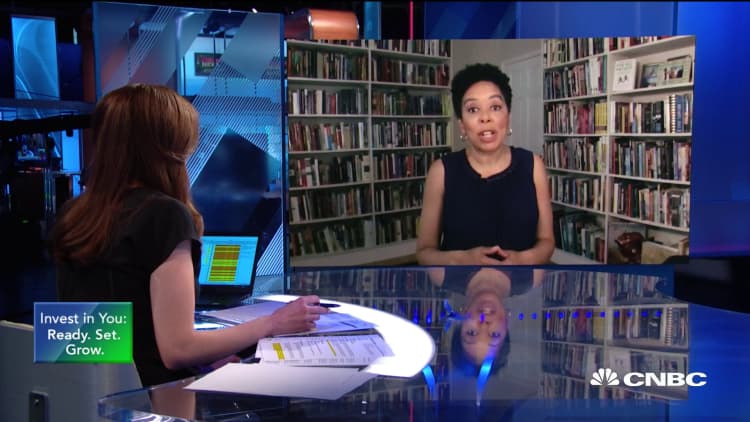As the debate over extending student loan forgiveness continues in Congress, college students are taking on increasing amounts of debt.
Typically, 7 in 10 college seniors graduate in the red, owing about $30,000 per borrower, according to data from the Institute for College Access & Success.
Going forward, a 2020 high school graduate could face $37,200 in loans in pursuit of a degree at a public college or university, according to a new NerdWallet analysis of data from the National Center for Education Statistics.

The report factors in that it now takes five years, on average, to complete a four-year bachelor's degree, given that more undergraduates will take at least some time off.
At the same time, college costs are rising. Tuition and fees plus room and board for a four-year private college averaged $49,870 in the 2019-20 school year; at four-year, in-state public colleges, it was $21,950, according to the College Board.
In addition, dramatic market swings have taken a toll on college savings account balances. Total 529-plan assets fell to $293 billion in March after hitting an all-time high of $328 billion in December, according to Morningstar's annual report.
About 69% of parents and 55% of students entering college in the fall said the coronavirus has impacted their ability to pay for school, according to a recent poll of about 6,500 high school seniors and their families by NitroCollege.com, a site that helps students and parents navigate college admissions and financial aid.
"What college will look like in the fall and beyond is uncertain, but one thing is clear: Students will still need to take loans to pay for higher education," said Anna Helhoski, NerdWallet's student loan expert.
Even though the interest rates on federal student loans are set to hit a record low for the fall, Helhoski advises students to "limit your borrowing to just what you need" and maximize the amount of free aid you can qualify for by submitting the Free Application for Federal Student Aid.
For families who have already filed the FAFSA but have since experienced a financial shock, it is also possible to file a financial aid appeal with their school, Helhoski said.
More from Personal Finance:
Federal student loan rates hit record lows
College-bound students to miss out on billions in financial aid
As college classes move online, don't expect a tuition discount
For those already struggling under the weight of student debt, the U.S. Department of Education has said that due to the pandemic, federal student loan borrowers don't need to make payments on their loans until at least October. And during that time, no interest will accrue.
A House bill with bipartisan support would allow 2020 college graduates to postpone their student loan payments for three years without interest accruing.
Even private student loan servicers are now amenable to temporary hardship accommodations, often on a case-by-case basis.


